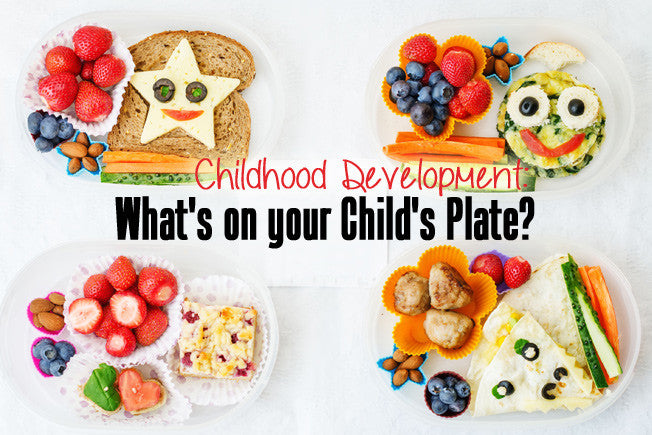
Loading..
My Store
Hours of Operation
Find your nearest store
Results
Loading...

By: Dr. Sonya Doherty, ND
This year marks my 10th year in practice. Every day, I continue to be blown away by the effect that food has on children’s health and wellness. So many North American children have to deal with increased contaminants in their food that decrease their ability to regulate behaviour and maintain healthy focus and attention.
Imagine it’s New Year’s Eve. You go out with friends and have too much fun drinking adult beverages. The next day, you won’t be performing at an optimal level. Your behaviour may change. Your ability to focus may also be inhibited. This is because alcohol is a known toxin. What devastates me is that children are fed other known toxins on a regular basis and as parents, we don’t even know it! The effects can be similar to those of a hangover: decreased ability to focus, unhappy mood, feeling sluggish. Nutrient deficiencies are rampant in children and take away from their ability to optimize development.
For example, did you know there is evidence to support that gluten and dairy negatively impact behaviour and reduce the ability to focus? Has anyone ever told you that food dyes and preservatives are excitotoxic and can contribute to anxiety, defiance, hyperactivity and impulsivity? In 1950, the average daily intake for food dyes was 10mg; in 2010, that average had increased to 60mg daily.
Food is powerful. It has powerful healing ability and when toxic, it has a powerful potential to detract from a child’s ability to reach their optimal development. The time to focus on your child’s health is now. Their ability to focus, think clearly, and have a steady energy throughout the day is very important, especially as they head back to school. It will make their experience so much better (not to mention the teacher’s job easier!). There are so many things you can do to help your child behave and develop naturally and healthily!
The Human Microbiome Project, funded by the National Institute of Health, is pumping millions of dollars into research about the role the digestive tract plays in healthy development. Mounting research is identifying that the gut is not just important for development; it is 100% responsible for post-natal development. Never has the saying “we are what we eat” had more impact. The good bacteria in our intestinal tract thrives on a healthy diet free of pesticides, additives, food allergies and processed food.
One of the best ways to support healthy development in children is to support gut health. Did you know that 90% of your child’s serotonin is made in the gut? If your child has behavioural concerns, they may be lacking this crucial brain chemical that regulates mood. Probiotic supplements and a healthy diet help to replenish the microbiome when good bacteria is lost after antibiotic use, if a child has a food allergy or if they experience digestive problems like reflux, diarrhea or constipation.
Dr. Russell Blaylock is a neurologist who speaks out against food additives and urges parents to remove them from children’s diets. In his book, Tastes that Kill, he talks about chemicals in food that can cause damage to children’s nervous systems. And these chemicals and harmful substances hide everywhere. For example, did you know that Gatorade contains brominated vegetable oil, which is a fire retardant? It is staggering to think that food additives like MSG and other excitotoxins can cause learning or emotional issues.
Fortunately, we can avoid this. It is our responsibility as parents to find foods that are free of toxins so that healthy brain development is not interrupted. Dr. Blaylock has a documentary called “Nutrition and Behaviour”. In it he explores different ways diet impacts behaviour. One study shows how a change in prison diet resulted in dramatic reduction in aggressive incidents. He also highlights the importance of healthy blood sugar in regulating mood, focus and behaviour. This is a must see for anyone who looks for ways to improve their child's behaviour. Recent research into pesticides containing non dioxin PCBs shows that they cause damage to neurons in an animal model.
What does this mean for our kids? Each time a child is exposed to a pesticide, the brain can be impacted.
Shopping carefully for yourself and your family is so important. Gluten, dairy, food dyes, food additives and pesticides are well documented to aggravate mood, behavior, and learning.
So, what steps can you take to help optimize your child’s behaviour, focus and overall development?
{"one"=>"Select 2 or 3 items to compare", "other"=>"{{ count }} of 3 items selected"}
Leave a comment